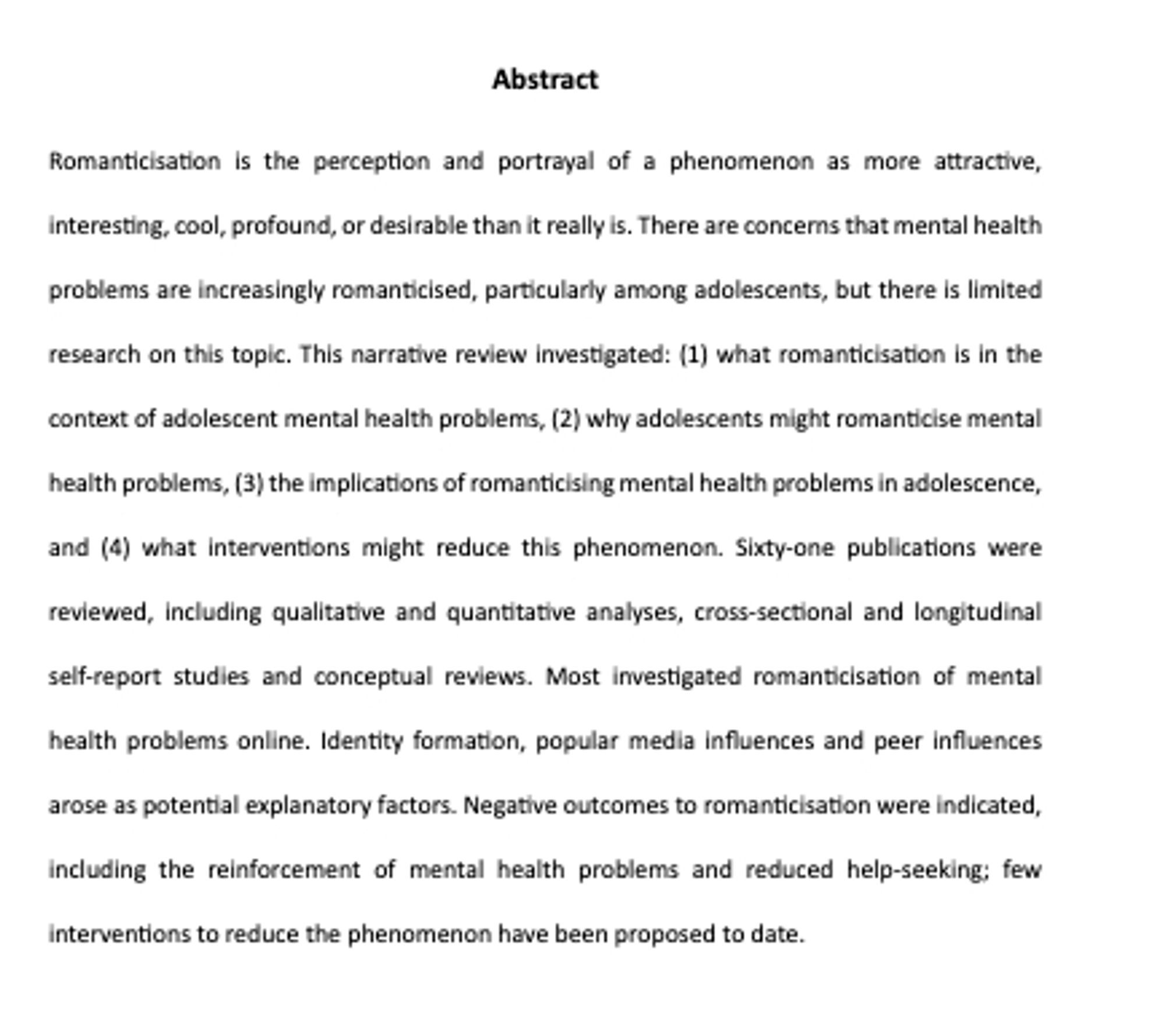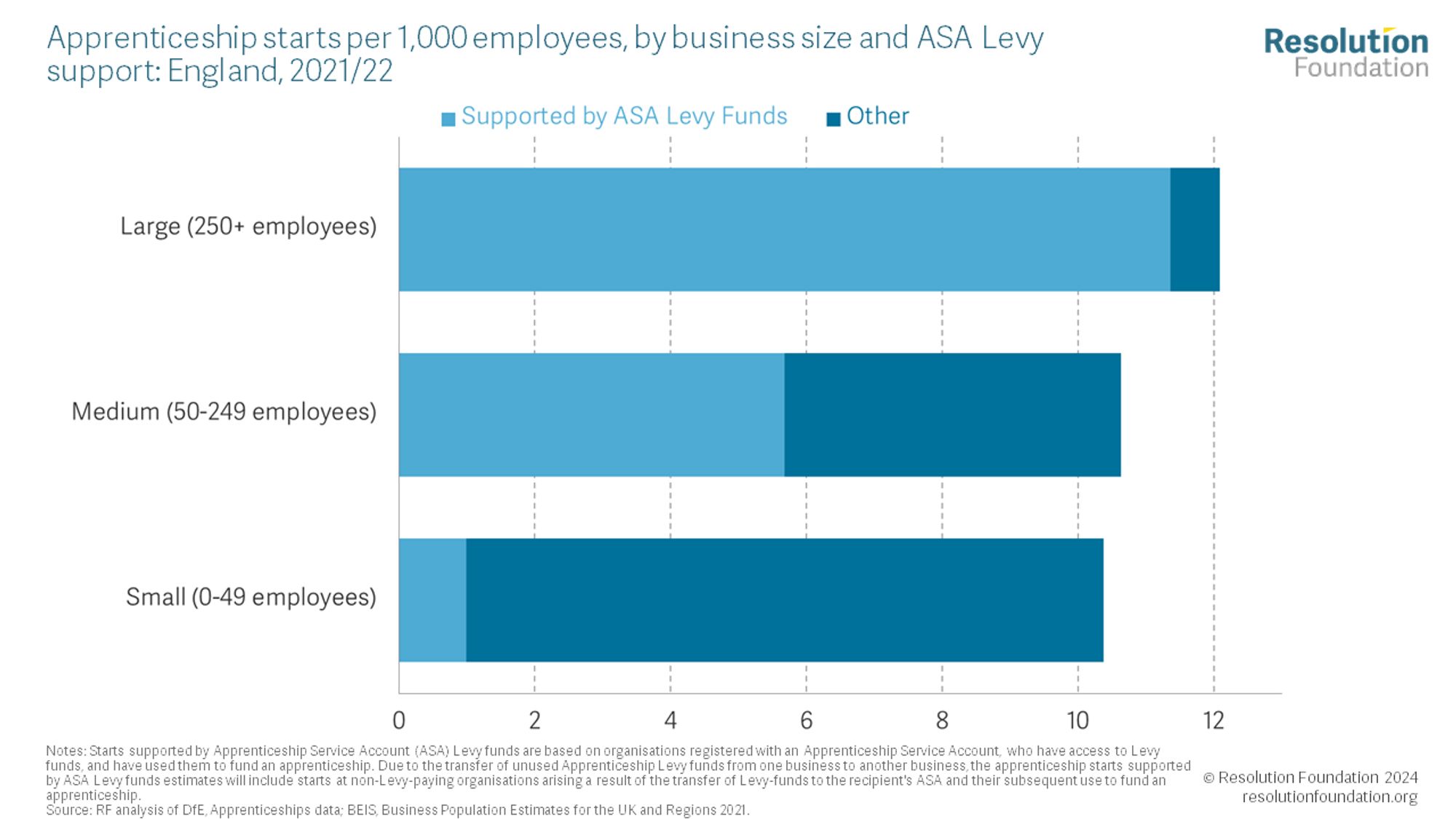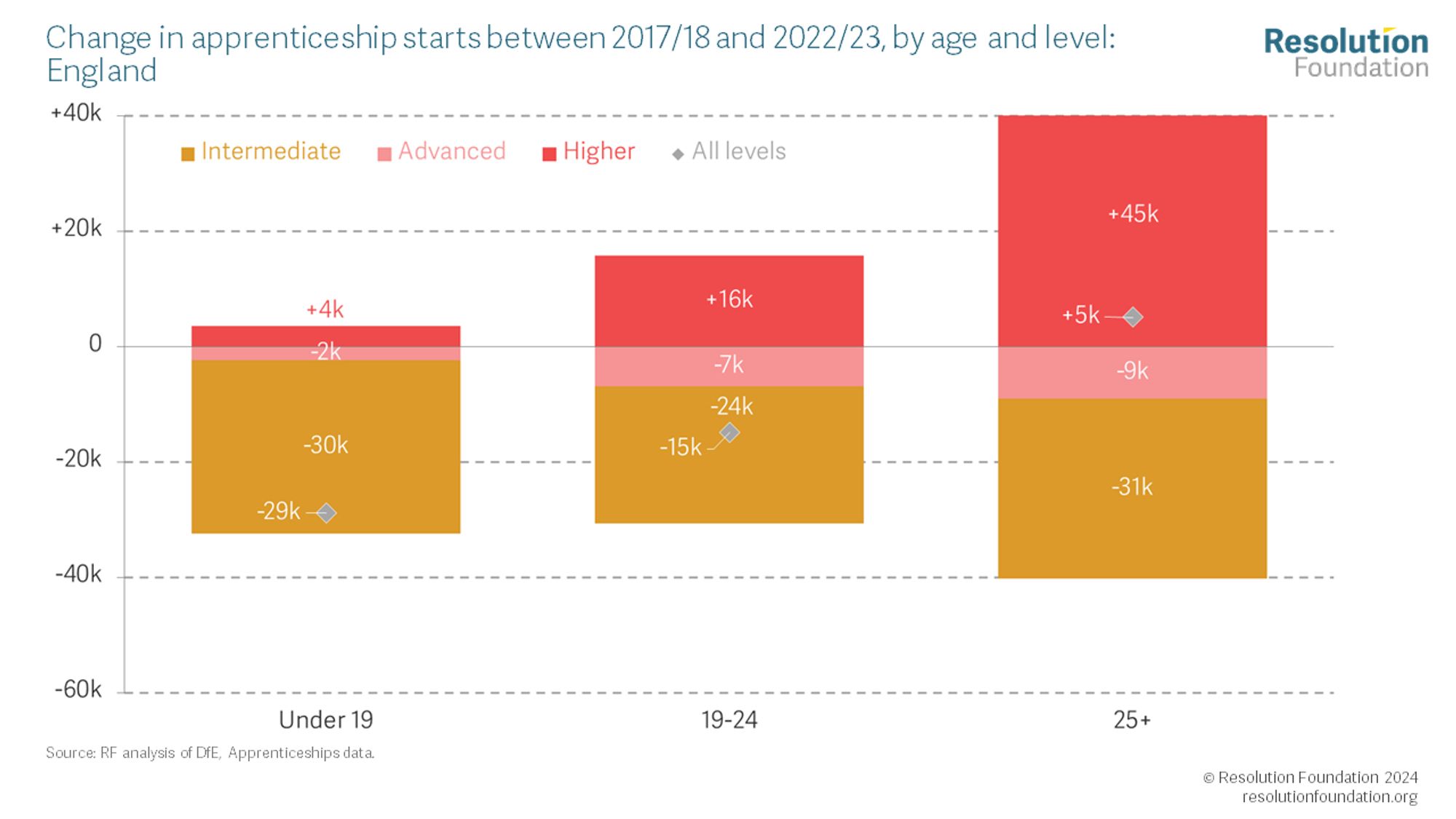
Romanticisation of mental health problems in adolescence: what's the deal with that? 🌟 NEW PREPRINT by Awa Ndour and me 🌟 (Romanticise = to portray something as more desirable or positive than it really is) Brief summary below (🧵) osf.io/preprints/os...#PsychSciSky#DevPsychSky#ClinPsychSky

…Similar safeguards should be put in place to ensure that the new Growth and Skills Levy is used to deliver training that genuinely benefits both firms and learners, and to prevent public funds from being spent on substandard courses.
Finally, the new Levy should be developed with the aim of maintaining high standards. One of the major successes of recent apprenticeship policy has been the improved quality of apprenticeships, e.g. by requiring off-the-job-training and increasing their duration...
Second, although firms will no doubt welcome the promised flexibility of the Levy, this flexibility must have bounds. The risk of unlimited flexibility is that firms will be more likely to subsidise training they would have done anyway rather than genuinely increasing provision.
First, policy must ensure that there are sufficient apprenticeship opportunities for young people aged 18-21 to make the youth guarantee meaningful. This might require ring-fencing part of the Levy for young people, or removing degree apprenticeships from Levy funding.
But success should not be taken for granted. We highlight three challenges...
There are reasons to be optimistic that the new Growth and Skills Levy, alongside a youth guarantee for 18-21-year-olds, could benefit both firms and young people, by giving firms greater flexibility to meet their skills shortages while also protecting apprenticeship opportunities for young people.
And SMEs are less likely to offer apprenticeships than large employers, with the apprenticeship policy – and administration – being more complex for SMEs. Apprenticeship starts per 1,000 employees are lower in SMEs than in large businesses.

There is another group who are not benefitting from the current apprenticeship system: young people with low levels of qualifications. Higher-level apprentices aged 25 and above now make up almost a quarter of all apprenticeship starts, up from 8 per cent in 2017/18.

And the types of apprenticeships undertaken vary considerably between different groups. Those from more-deprived areas are more likely to do an intermediate and advanced apprenticeship, while those from the least deprived areas are more likely to do a higher-level apprenticeship.
